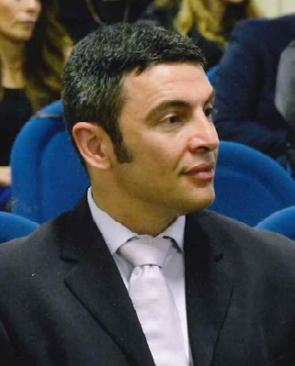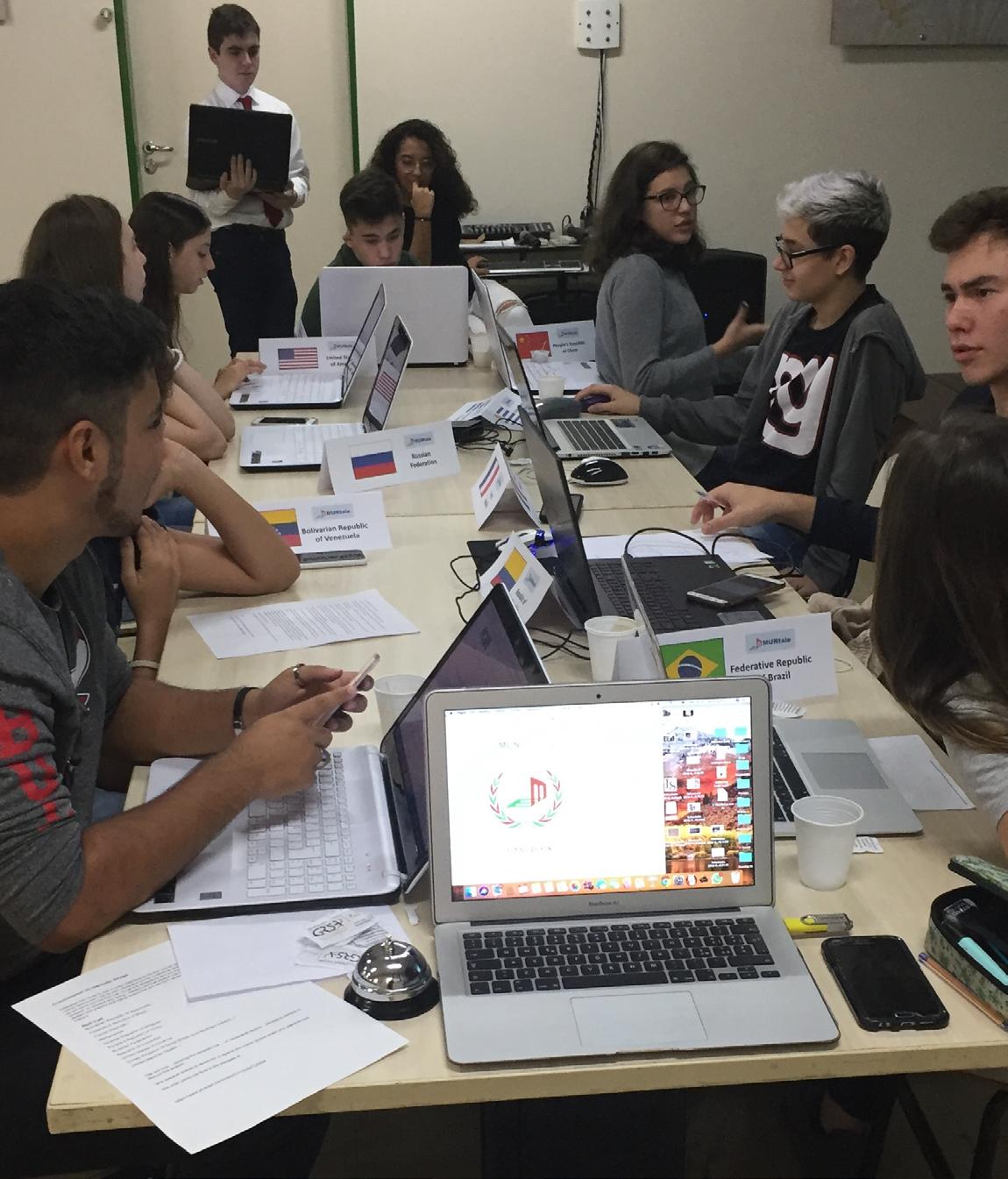EX-ALUNO
Business, Human Rights and Me My Experience at the United Nations Former student – Scuola Italiana Eugenio Montale Tamara Brezighello Hojaij
H
uman rights are universal and unconditional, which means that all human beings have them every time and everywhere, regardless of the national context. Traditionally, human rights have been thought against States’ misconduct. However, States alone are not capable of addressing the current global human rights challenges. Corporate-related human rights harm occurs more and more regularly. Oil spills in Nigeria (1990, 2008) and the Gulf of Mexico (2010); forced and child labour in global value chains of major retailer apparel brands such as Nike (1996); and tailing dam disasters in Brazil (2015, 2019) are examples. Undoubtedly, business activities and commercial relations can affect the human rights spectrum, but do businesses have any responsibilities in relation to human rights? In 2011, the UN Human Rights Council unanimously endorsed the Guiding Principles on Business and Human Rights (UNGP), which establish that businesses do have the responsibility to respect human rights in all their activities and operations. The UNGP shifted the focus of the traditional human rights discourse, decentring the role of States. Yet,
they provided high-level, but not detailed guidance on how to implement business responsibility in relation to human rights, leaving room for practical research that considers local specificities. The Business and Human Rights Centre of Fundação Getulio Vargas (FGV CeDHE), where I work, falls within this scope - developing applied research on business roles and responsibilities in cases of corporate-related harm in Brazil. On behalf of FGV CeDHE, in November 2019 I attended the UN Annual Forum on Business and Human Rights, a three-day gathering of representatives of States, business and civil society from all over the world to discuss gaps and opportunities to address corporate-related human rights issues. I joined the session Preventing and Addressing Dam Failures as a speaker to present findings on the lack of transparency and accountability in relation to human rights in policies and practices of mining companies operating in Brazil and the impacts on the remediation processes in case of tailing dam disasters. It was an opportunity for me to grow both professionally and personally. My passion for the complexities of the International Human Rights Law regime grew during the years and FGV CeDHE enabled me to engage in real world challenges and develop alternative solutions. Working with research might not be a usual path for lawyers, but I strongly encourage you to think out of the box when it comes to finding the work you love.
Tamara Brezighello Hojaij
Former student – Scuola Italiana Eugenio Montale Coordinator for strategic development at the Business and Human Rights Centre — FGV REVISTA IL GIRASOLE 1º SEMESTRE 2020
29

















